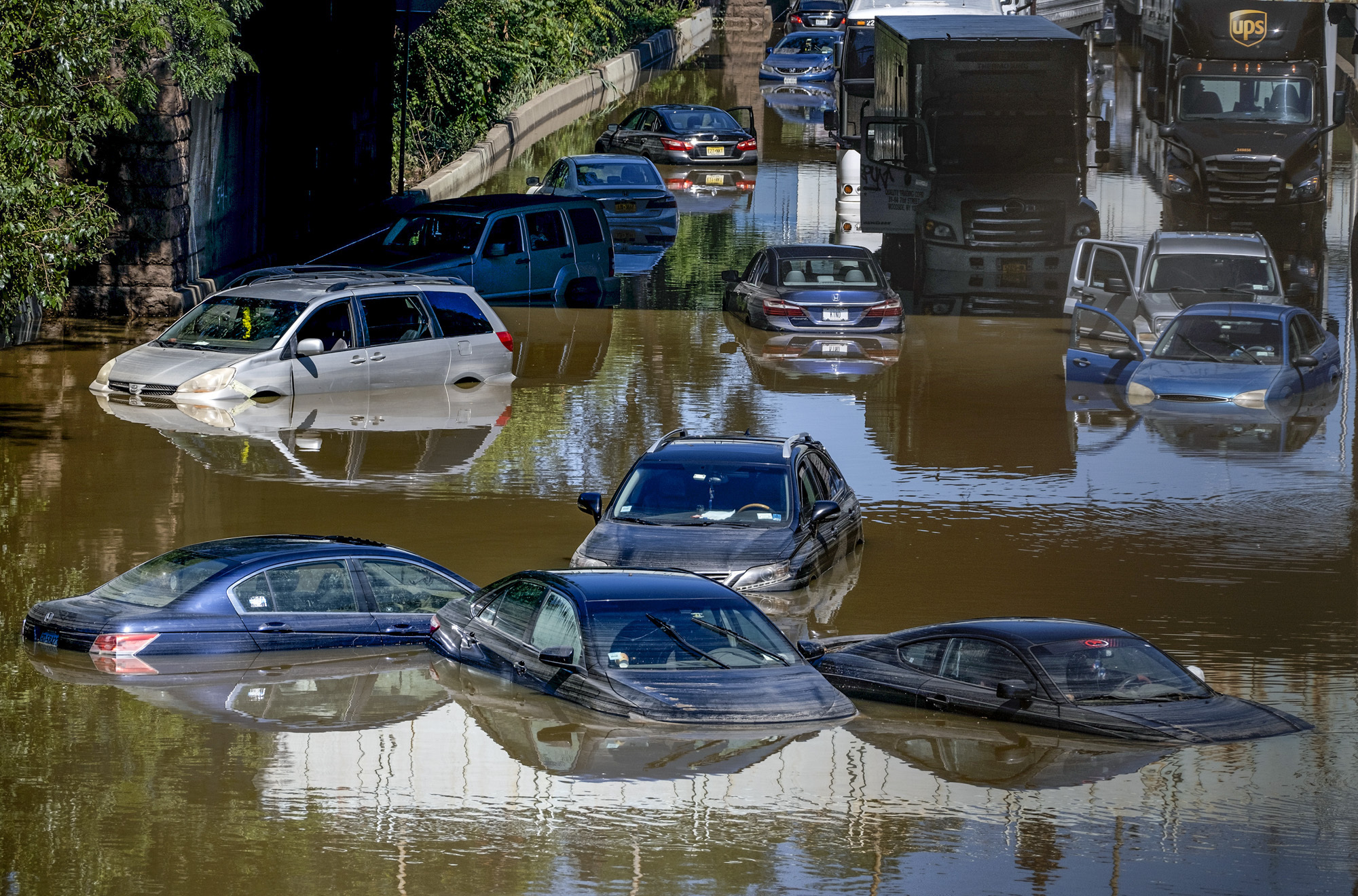NYC seeks law protecting basement apartment dwellers, owners
During Hurricane Ida in 2021, 11 drowned in mostly-unregulated apartments

Approaching the one-year anniversary of Hurricane Ida, New York City Comptroller Brad Lander, a former Brooklyn councilmember, released a new report, “Bringing Basement Apartments into the Light.” The report outlines a path, to provide basic rights, responsibilities and protections for basement apartment residents and owners.
Eleven New Yorkers drowned in their mostly-unregulated basement units during Hurricane Ida on Sept. 1, 2021, and many others were injured and lost their belongings.
Modeled on New York’s Loft Law, the “Basement Resident Protection Law” would recognize existing basement units, require owners to provide basic safety interventions like smoke detectors and offer resources to install them, grant basic tenant protections, and establish a Basement Board to oversee these rights and responsibilities.

Brooklyn Boro
View MoreNew York City’s most populous borough, Brooklyn, is home to nearly 2.6 million residents. If Brooklyn were an independent city it would be the fourth largest city in the United States. While Brooklyn has become the epitome of ‘cool and hip’ in recent years, for those that were born here, raised families here and improved communities over the years, Brooklyn has never been ‘uncool’.